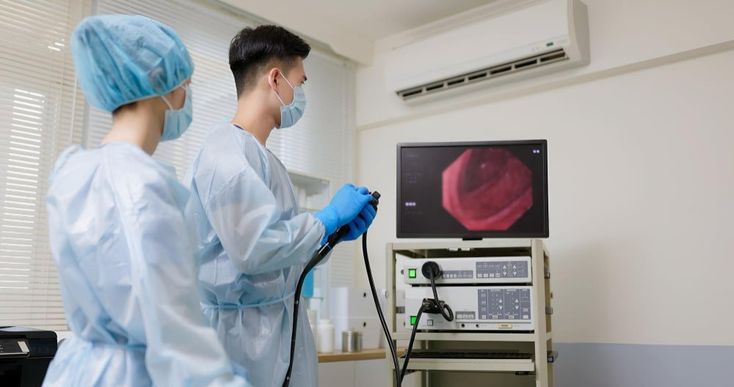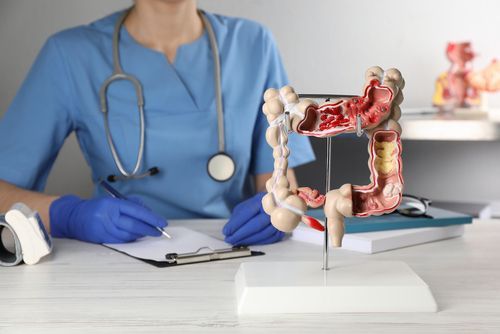Have you ever experienced these problems?
Frequent trips to the toilet after eating hot pot, abdominal distension when stressed, or even alternating between diarrhea and constipation? Data shows that more than 60% of the world's population has intestinal sub-health problems, and the fast-paced lifestyle, highly processed diet, and long-term mental stress of modern people are making the intestines the most easily ignored "health disaster area". The intestines are not only the core organs for digestion and absorption, but also the largest immune barrier and detoxification factory of the human body - maintaining the intestines is essentially protecting the foundation of life.

Transformation of nutrient energy:
The small intestine has an ultra-long "pipe" of 5-7 meters and a villus structure, which enlarges the surface area to 200 square meters (equivalent to half a tennis court). Together with the digestive enzymes secreted by the pancreas and liver, it can achieve efficient decomposition of proteins, fats, and vitamins. More importantly, the villi of the small intestine are composed of only a single layer of cells, and nutrients can directly penetrate into the blood, which can be called a nutrient express train. 2.
Fight against germs:
There are 100 trillion microorganisms stationed in the intestines, forming the largest "bacterial army" in the human body. They form a four-layer defense system by secreting antimicrobial peptides, occupying the mucus layer niche, and activating intestinal immune cells - they can even identify and "expel" invading pathogens, and their combat effectiveness far exceeds that of the liver and lymphatic system.
Cleaning toxins:
Food residues, metabolic waste, and dead bacteria ingested daily are pushed to the rectum by the intestines at a speed of 2 cm per minute. If intestinal motility is insufficient (such as in sedentary people), toxins may be retained for more than 72 hours, causing dull skin, bad breath, and even metabolic diseases.
What impact do emotions have on intestinal health?
There are 100 million neurons hidden in the intestines, which share the raw materials for the synthesis of neurotransmitters such as serotonin and dopamine with the brain. Stomach pain when anxious and diarrhea when nervous are the signals sent by the "brain-gut axis" - intestinal health directly determines emotional stability.
Daily gastrointestinal care methods:
diet:
High-fiber foods: A daily intake of 25g of dietary fiber (such as oats and broccoli) can promote the production of short-chain fatty acids and repair the intestinal mucosa.
Fermented foods: Eat unsweetened yogurt or kimchi three times a week to supplement Lactobacillus acidophilus and Bifidobacteria, but avoid high-sugar commercial products.
Clean the intestines : Sulforaphane in kale and broccoli can activate intestinal detoxification enzymes, but patients with thyroid disease need to follow the doctor's advice.
Work and rest:
Sleep repair: 1-3 am is the peak period for intestinal detoxification. Staying up late for a long time will lead to an imbalance of the bacterial flora.
Eat on time: Eat three meals at fixed times and avoid overeating to stabilize the rhythm of intestinal peristalsis.
Daily care in traditional Chinese medicine:
Chinese medicine massage acupoints: 2 inches horizontally from the navel;
Effect: Relieve digestive symptoms such as constipation, bloating, and abdominal pain; Steps: Use the index and middle fingers to gently massage the Tianshu point 50 to 100 times in a clockwise direction, 1 to 2 times a day. Moxibustion on the Zusanli and Shenque points promotes peristalsis, and tangerine peel and hawthorn tea relieve indigestion. It should be used according to the constitution.
Physical examination barrier: early detection and early intervention
Basic screening: People over 40 years old should undergo fecal occult blood tests once a year, and people at high risk of colorectal cancer should also undergo colonoscopy.
Microbial flora testing: Analyze the type of microbial flora imbalance through gene sequencing and customize personalized supplementation plans.

Conclusion: Intestinal health is a "long-term battle".
There is no shortcut to maintaining the intestines, but scientific strategies can achieve twice the result with half the effort . Start today: replace refined carbohydrates with high-fiber breakfast, use 10 minutes of meditation to fight anxiety, and replace processed snacks with natural fermented foods - these small changes will eventually converge into a powerful force to protect the intestines. Remember: Only when the intestines are young can people be rejuvenated from the inside out!
For more information on Innomed®Ostomy Bag Aluminum Nonwoven, refer to the Previous Articles. If you have customized needs, you are welcome to contact us. You Wholeheartedly. At longterm medical, we transform this data by Innovating and Developing Products that Make Life easier for those who need loving care.
Editor: kiki Jia

 English
English عربى
عربى Español
Español русский
русский 中文简体
中文简体








